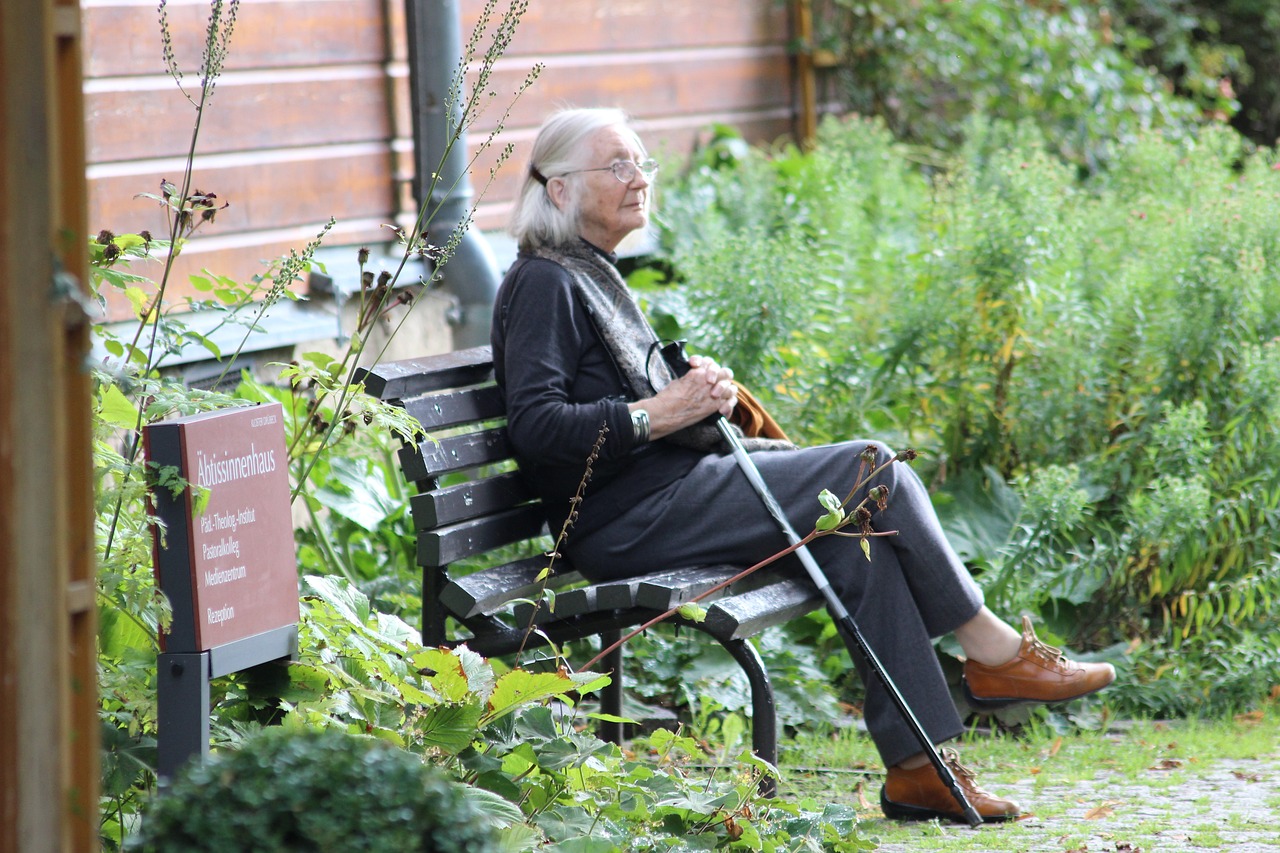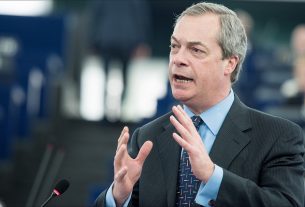Four years ago, the government announced a strategy to cap the lifetime care costs for each person. However, a prominent think tank has now highlighted a £4bn gap in the social care plans proposed by England’s three major political parties.
All three parties – Conservatives, Labour, and the Liberal Democrats – have supported implementing these reforms after the general election.
However, the Institute for Fiscal Studies (IFS) has said that the allocated funds for these reforms have already been diverted to other priorities and would need to be reallocated.
Originally slated for a 2023 rollout, the reforms were postponed to October 2025, with councils retaining the allocated funds. David Phillips, head of local government finance at the IFS, explained that the money, initially reserved for social care reform, has been repurposed for existing pressures or included in broader budget constraints.
The government’s initial impact assessment estimated that implementing the reforms would cost around £4bn. The IFS anticipates that additional funds will be required by 2028.
Phillips warned that without extra funding, existing budgets of central or local governments would have to cover the costs, leading to difficult decisions for councils, including potential tax increases, cuts to other services, or reductions in social care services.
Phillips also noted that this financial shortfall is evident in the plans from the Conservatives, Labour, and the Liberal Democrats. The Conservative manifesto aims to implement the reforms by next autumn, while Labour’s manifesto doesn’t specify a timeline, though shadow health secretary Wes Streeting has clarified the cap would be introduced if Labour wins the election.
The Liberal Democrats pledge to raise care workers’ pay by reversing tax cuts for banks, alongside implementing the spending cap.
Phillips stated there is “around a £4bn hole in each of these plans,” which would need to be addressed either from current government budgets, council budgets, increased spending, higher taxes, or additional borrowing.
A Labour spokesperson reaffirmed the party’s commitment to establishing a National Care Service over the next decade, introducing national standards, and improving conditions for care workers. The Conservatives have also talked about their “clear plan” for ensuring dignity and security in social care and criticised Labour leader Sir Keir Starmer for lacking decisiveness.
The Liberal Democrats pointed to their manifesto’s pledge of nearly £4bn in extra funding for social care, funded by reversing tax cuts for banks, and reiterated their call for cross-party discussions to secure a long-term solution for social care funding




